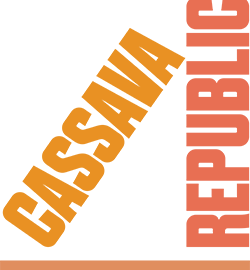The use of varied colours on the cover calls attention to the diversity of voices and narratives in the collection. The subtitle is purple – a key colour in queer communities that has variously been used to represent lesbian pride, the spirit of the LGBTQ community, and a challenging of gender norms in its blend of blue and pink.
No matter the words we use above to describe the book cover, we couldn’t capture the beauty of the narratives contained in the book, the experience of the editors and the startling reality of queer women’s lives in Nigeria.
In a tweet chat with YNaija, Azeenarh Mohammed, Chitra Nagarajan, and Rafeeat Aliyu, editors of She Called Me Woman: Nigeria’s Queer Women Speak, spoke extensively on their experience of editing the book, interviewing the narrators and the struggles of queer women in Nigeria – some of whom they said, have faced both severe experiences trying to live their truth and the enormous support they have received in Nigeria.
To keep you in the loop, we decided to share some of the highlights from the tweet chat:
1. How the book came to be

2. Origin of the book’s title

3. On the most memorable experience curating the narrative

4. How queer people are treated in Nigeria

5. Western influence on the discussion around sexuality


6. Historical existence of queer women in Nigeria


7. What it means to be ‘out’.

8. How the book explores the Nigerian female experience

The conversation is extensive and you can follow it on social media using the hashtag: #SheCalledMeWoman and #YNaijaTwitterInterview.[/vc_column_text][/vc_column][vc_column width=”1/6″][/vc_column][/vc_row]
